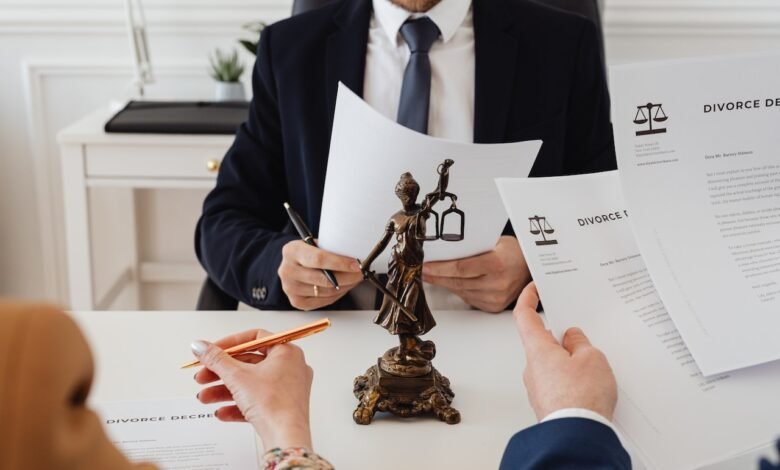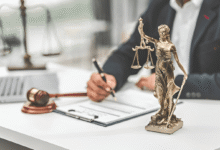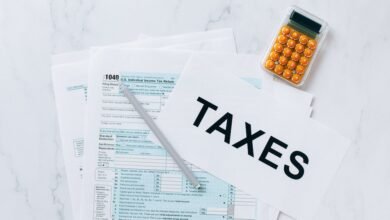14 Important Premises Liability Laws: Protecting Property Owners and Visitors

Premises Liability Laws, Premises liability is a legal concept that holds property owners responsible for accidents and injuries that occur on their property due to unsafe or hazardous conditions. This legal duty applies to property owners of all kinds, from homeowners to commercial property owners.
Under premises liability law, property owners must maintain their premises in a safe condition, free from hazards that could cause harm to others. If a property owner fails to do so and someone is injured on their property as a result, the property owner may be liable for the damages suffered by the injured person.
Premises Liability Laws, As a property owner, it is your responsibility to maintain a safe environment for your visitors. However, accidents happen, and injuries occur on a daily basis due to negligence, carelessness, or hazardous conditions on the property. This is where premises liability law comes in. In this article, we will discuss the 14 important premises liability laws that every property owner and the visitor should be aware of.
Definition of Premises Liability
Premises liability is the legal responsibility that property owners have to ensure the safety of their visitors. This includes maintaining the property in a safe condition, warning visitors of any potential hazards, and taking reasonable steps to prevent accidents and injuries.
Read More: OHIO EQUINE IMMUNITY STATUTE: WHAT DOES IT MEAN?

The Duty of Care
Premises Liability Laws, Property owners have a duty of care to provide a reasonably safe environment for their visitors. This duty of care varies depending on the type of visitor and the nature of the property. For example, a property owner has a higher duty of care for invitees (such as customers or guests) than for trespassers.
Types of Visitors
There are three types of visitors under premises liability law:
- Invitees: These are visitors who are invited onto the property for business purposes, such as customers, clients, or vendors.
- Licensees: These are visitors who are invited onto the property for social purposes, such as guests at a party.
- Trespassers: These are visitors who are on the property without permission.
Types of Premises Liability Cases
Premises Liability Laws, Premises liability cases can arise from a variety of situations, including:
- Slip and fall accidents
- Negligent security
- Dog bites and animal attacks
- Swimming pool accidents
- Elevator and escalator accidents
- Toxic exposure
- Retail store liability
- Landlord liability
Slip and Fall Accidents
Slip and fall accidents are one of the most common types of premises liability cases. Property owners have a duty to maintain their property in a safe condition and to warn visitors of any potential hazards. Common causes of slip and fall accidents include wet floors, uneven surfaces, and loose rugs or carpets.
Negligent Security
Premises Liability Laws, Property owners have a duty to provide reasonable security measures to protect their visitors from criminal activity. This includes installing locks on doors and windows, providing adequate lighting, and hiring security guards when necessary.
Dog Bites and Animal Attacks
Property owners can be held liable for injuries caused by their pets. If a property owner knows or should have known that their pet is dangerous, they have a duty to take reasonable steps to prevent injuries.
Swimming Pool Accidents
Premises Liability Laws, Swimming pool accidents can be caused by a variety of factors, including improper maintenance, inadequate safety measures, and lack of supervision. Property owners have a duty to provide a safe environment for swimmers, including installing barriers and warning signs.
Elevator and Escalator Accidents
Premises Liability Laws, Elevator and escalator accidents can be caused by mechanical failure, poor maintenance, or user error. Property owners have a duty to ensure that their elevators and escalators are safe for use and to provide proper maintenance and inspections.
Toxic Exposure

Retail Store Liability
Premises Liability Laws, Retail stores have a duty to maintain a safe environment for their customers. This includes ensuring that floors are clean and dry, that displays are properly secured, and that aisles are free from clutter.
Landlord Liability
Premises Liability Laws, Landlords have a duty to maintain their rental properties in a safe condition for their tenants. This includes ensuring that the property is free from hazards and that all necessary repairs are made in a timely manner.
Defenses Against Premises Liability Claims
Property owners may have defenses against premises liability claims, including:
- Lack of knowledge: If the property owner was not aware of the hazard, they may not be liable for injuries caused by it.
- Comparative negligence: If the visitor was partially responsible for their own injuries, the property owner’s liability may be reduced.
- Assumption of risk: If the visitor knowingly and willingly assumed the risk of injury, they may not be able to recover damages.
Statutes of Limitations
Premises liability claims are subject to statutes of limitations, which vary by state. In general, the injured party has a limited amount of time to file a claim, usually within two to four years of the injury.
Premises Liability Laws, In conclusion, premises liability law is an important aspect of property ownership and visitor safety. By understanding the duty of care, the types of visitors, and the various types of premises liability cases, property owners can take steps to protect themselves and their visitors from accidents and injuries. It is also important for visitors to be aware of their rights and to seek legal advice if they have been injured on someone else’s property.

FAQs
- What is the duty of care in premises liability law?
The duty of care is the responsibility that property owners have to ensure the safety of their visitors.
- What are the different types of visitors under premises liability law?
The different types of visitors are invitees, licensees, and trespassers.
- What are some common types of premises liability cases?
Some common types of premises liability cases include slip and fall accidents, negligent security, and dog bites.
- What are some defenses against premises liability claims?
Defenses against premises liability claims include lack of knowledge, comparative negligence, and assumption of risk.
- What is the statute of limitations for premises liability claims?
The statute of limitations varies by state, but is typically within two to four years of the injury.











